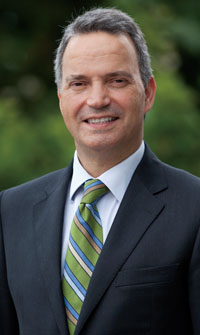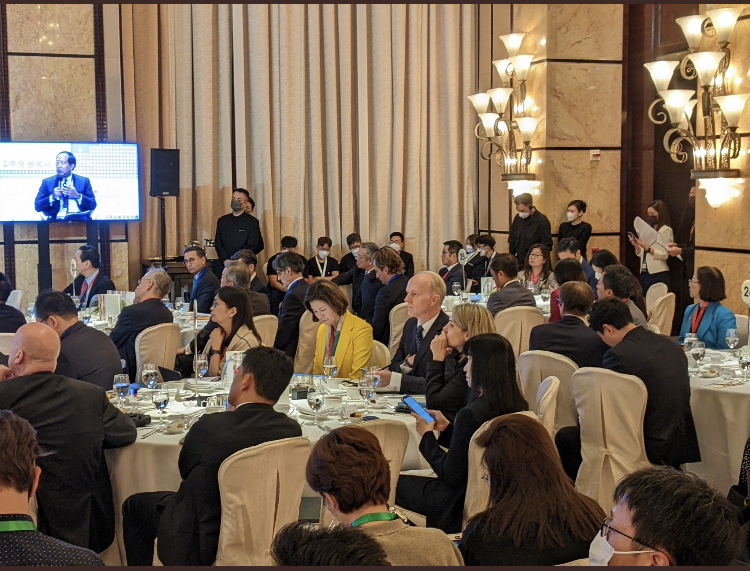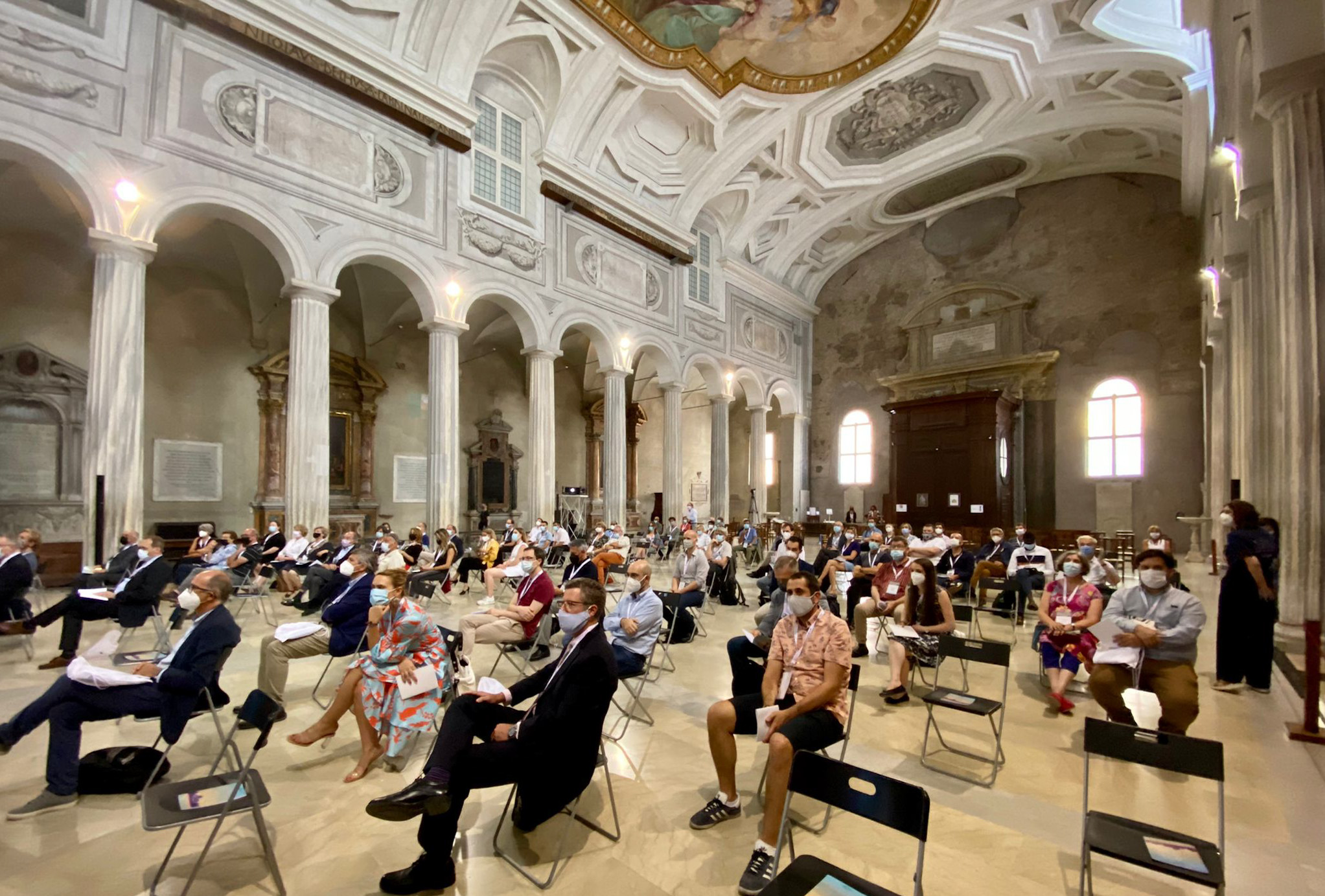 PRIVATE management of public facilities such as convention centres is a win-win for local economies and helps ease any shortfalls in spending caused by seasonal fluctuations in visitor numbers.
PRIVATE management of public facilities such as convention centres is a win-win for local economies and helps ease any shortfalls in spending caused by seasonal fluctuations in visitor numbers.
Take the case of Barcelona, a bucket-list destination for many discerning Asian travellers who want history, culture and great food in their itineraries alongside magnificent football.
A lesser known fact among leisure travellers is Barcelona’s stature among conference and business events organisers. The city headed the ICCA 2017 world rankings for hosting the most international congresses and conventions.
This important statistic serves to confirm that public and private-sector collaboration is the driving force behind Barcelona’s success in this area. It is a successful formula closely observed by cities across all five continents.
Through private management of public facilities, major examples of public infrastructure in Barcelona can be run more efficiently by optimising the use of taxes, social input and suppliers.
One clear example of this model’s success is Barcelona International Convention Centre (CCIB according to its Spanish acronym), one of the biggest in southern Europe. For every euro invested in its construction and maintenance, Barcelona’s population has recovered 1.39 euros in direct form and another 8.50 euros in indirect ways, according to a 2017 study by Barcelona University.
The CCIB also helps to decentralise the city’s tourism by promoting a new business area of Barcelona that has undergone spectacular urban change. This new area, which features the Torre Glòries skyscraper, is a magnet for start-ups and tech companies. Facebook has just announced plans to open an operational centre in Torre Glòries to combat fake news on its pages.
Barcelona ranks fifth in importance as a European technological hub, in a list led by London, Berlin, Paris and Amsterdam, according to the Start-up Ecosystem Overview, drawn up by Mobile World Capital Barcelona.
Congresses help ensure more rational use of hotel facilities and city services. Knowledge-based tourism and “b-leisure” are a good way of complementing holiday tourism, helping to redistribute visitor arrivals across the year. Most visitors and delegates to congresses also consume quality leisure, cultural and gastronomic services, in turn helping to generate skilled employment in the city.
Convention centres operate within a framework of sectors affected by medium and long-term business cycles. This makes them genuine barometers when it comes to predicting future economic activity. This invaluable information is fundamental for public policymakers, because it can be used to anticipate and assess the need to introduce measures to combat such cycles.
This allows us to state that Barcelona shows no sign of any slowdown in its congress activities over the next five years. Thanks to public-private sector collaboration.
Marc Rodriguez is general manager, CCIB-Centre de Convencions Internacional de Barcelona


